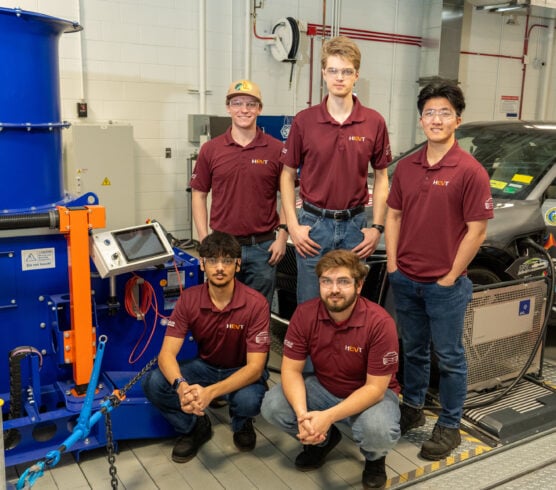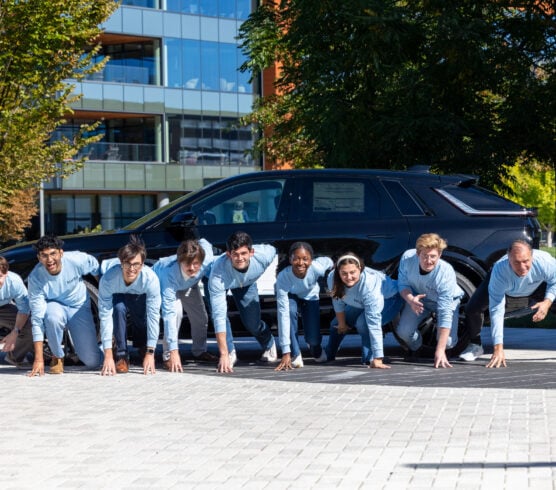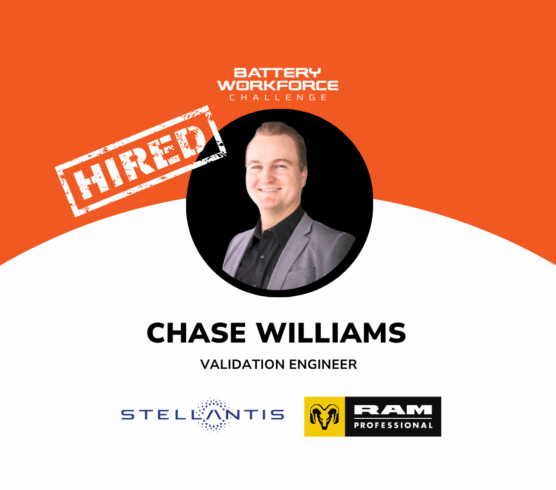Argonne National Laboratory announced the launch of the Battery Workforce Challenge, which includes a three-year collegiate engineering competition, focused on advanced battery design and development that will build a highly skilled electric vehicle Battery Workforce to help our nation transition to electric mobility and clean energy.
Argonne, a U.S. Department of Energy research and development center, will manage the competition for the co-sponsors, including U.S. DOE and Stellantis. This government-industry partnership will build the next generation of engineers, technicians and workers to address the unprecedented demand for a domestic EV battery workforce.
“American leadership in the global battery supply chain will be based not only on our innovation, but also on our skilled workforce of engineers, designers, scientists, production workers and technicians,” said Michael Berube, the U.S. DOE’s deputy assistant secretary for Sustainable Transportation and Fuels. “This comprehensive workforce program will build an educational ecosystem delivering training and education for high school graduates and vocational and transitional workers, fostering a talent pipeline of trained engineers, workers and technicians who can charge North America’s battery industry forward.”
The Battery Workforce Challenge includes an advanced battery design and development student competition series that invites universities and vocational schools from across North American to design, build, test and integrate an advanced EV battery into a future Stellantis vehicle. The challenge kicks off in fall of 2023, and 12 universities will be selected to participate.
“With our Dare Forward 2030 strategic plan, Stellantis is taking a leadership role in decarbonization that will drive us to become an industry champion in the fight against climate change, reaching carbon net zero emissions by 2038,” said Mark Stewart, Stellantis North America’s chief operating officer. “The Battery Workforce Challenge will help train the engineers of tomorrow and is a win-win for Stellantis and the entire battery industry as we address our nation’s toughest energy and mobility challenges by helping to build a highly skilled and productive future workforce.”
Argonne is now accepting applications from colleges and universities to select up to 12 teams that will participate in the Battery Workforce Challenge collegiate and vocational program. Proposals may be submitted from four-year universities located in the continental United States that are accredited by the Accreditation Board of Engineering Technology and four-year universities located in Canada that are accredited by the Canadian Engineering Accreditation Board. Non-accredited schools, such as community colleges, trade schools and apprenticeship programs, may participate as a partner to an accredited university as part of the vocational collaboration requirement.




